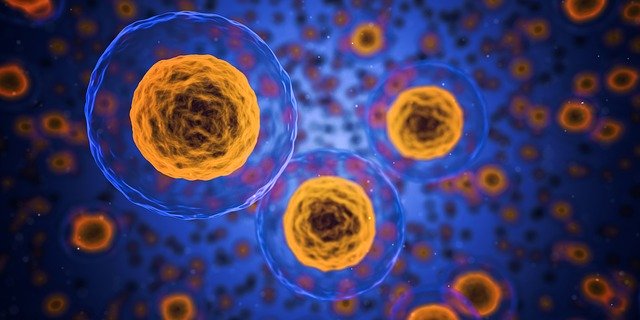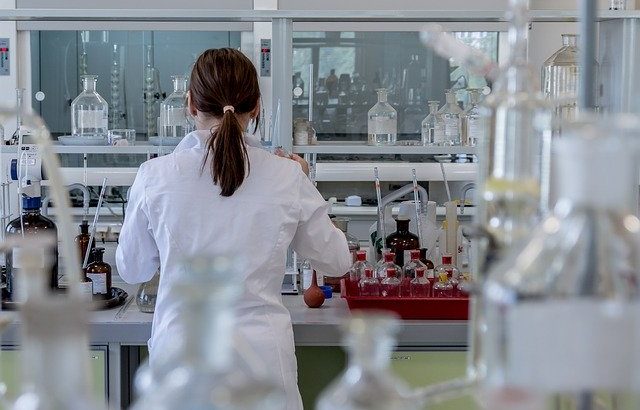How Veterinarians Work to Prevent Foodborne Illness
Foodborne illness is a serious and widespread health problem. According to the U.S. Centers for Disease Control and Prevention (CDC), it’s responsible for approximately 3,000 deaths in the United States annually. In any given year, in fact, about one in six Americans will catch some type of infectious illness from the consumption of food. While traditional doctors play an important role in treating foodborne illness, though, veterinarians work to prevent it.
What Is Foodborne Illness?
To understand how veterinarians work to prevent foodborne illness, you must take a look at what foodborne is exactly. The term “foodborne illness” refers to any infectious illness that spreads through the consumption of food or beverages. Viruses, bacteria and parasites can occur in many common foods and beverages. If a person consumes a contaminated food or beverage, the pathogen may infect his or her body.
The most common types of foodborne illness include:
- Salmonella
- Norovirus
- Campylobacter
- Staph
- Clostridium perfringens
Foodborne illness has the potential to cause severe symptoms in people of all ages and walks of life. With that said, some people are more susceptible to it than others. Seniors, children, pregnant women and people with a weakened immune system may struggle to fight off the infection.
Veterinarians: The Role They Play in Preventing Foodborne Illness
Even though it affects humans, foodborne illness is inherently connected to animals. Many of the foods and beverages that we consume come directly or indirectly from animals. Milk, cheese and other dairy products, for example, come from cows. Cows can catch some of the foodborne illness as us humans, including the all-too-common salmonella virus. If a heifer is infected with a pathogen, its milk may be contaminated. Anyone who buys and drinks the contaminated milk will then be exposed to the pathogen.
Veterinarians play an essential role in preventing foodborne illness by keeping animals safe from infection-causing pathogens. They don’t treat cases of foodborne illness in humans. Rather, they focus on foodborne illness at the animal-level. Veterinarians seek to protect animals from pathogens associated with foodborne illness while also treating animals that become infected. The end result is a safer food supply chain.
Vaccinations
One of the ways that veterinarians work prevent foodborne illness is by vaccinating animals used in the production of food and beverages. There are vaccines available to protect animals from pathogens responsible for foodborne illness. Whether it’s for chicken, cows, goats or other animals, vaccines offer protection against one or more pathogens. When an animal is vaccinated, its immune system will respond by producing antibodies.
Vaccines typically consist of weakened or modified strains of a pathogen. The pathogen samples don’t pose a risk to animals. On the contrary, they protect animals from infection through the production of antibodies. The antibodies produced by the animal’s immune system allows it to fight off future instances of the same pathogen. Vaccines aren’t 100% effective, but they can lower the risk of infectious illness in animals that could otherwise lead to foodborne illness.

Testing
Another way veterinarians prevent foodborne illness is by testing animals for known pathogens. Animals, of course, don’t show the same symptoms of infection as humans. Therefore, infections may go unnoticed to the untrained eye. To protect their animals from pathogens responsible for foodborne illness, food production companies may use the services of a veterinarian.
Veterinarians can test animals to determine whether they are infected with pathogens associated with foodborne illness. Testing is done using a variety of methods. Some tests are performed by collecting a blood sample, whereas others are performed by collecting a mucus sample. If an infected animal is identified, the veterinarian can treat and/or isolate the animal to prevent the infection from spreading. Testing animals for pathogens is one more way that veterinarians protect the public from foodborne illness.
Regulation Enforcement
Veterinarians also enforce the regulation of federal guidelines pertaining to food safety. According to the American Veterinary Medical Association (AMVA), veterinarians in the Food Supply Veterinary Medicine (FSVM) enforce poultry and other meat regulations. Some veterinarians are specifically trained on these regulations. They visit various poultry and meat companies to ensure they are complying with all of the required federal regulations.
Poultry and meat production companies must follow specific rules set by the United States Department of Agriculture (USDA). Many of these rules are designed to limit the risk of foodborne illness. By enforcing the USDA’s regulations, veterinarians can play their part in promoting a safer food supply chain.
In Conclusion
Even though veterinarians are trained in animal healthcare, they are responsible for protecting the public from foodborne illness. They work at farms, factories and other food production sites where they perform services that either directly or indirectly minimize the risk of foodborne illness. Veterinarians may vaccinate animals for known pathogens, or they may test animals to determine whether animals are already infected.

